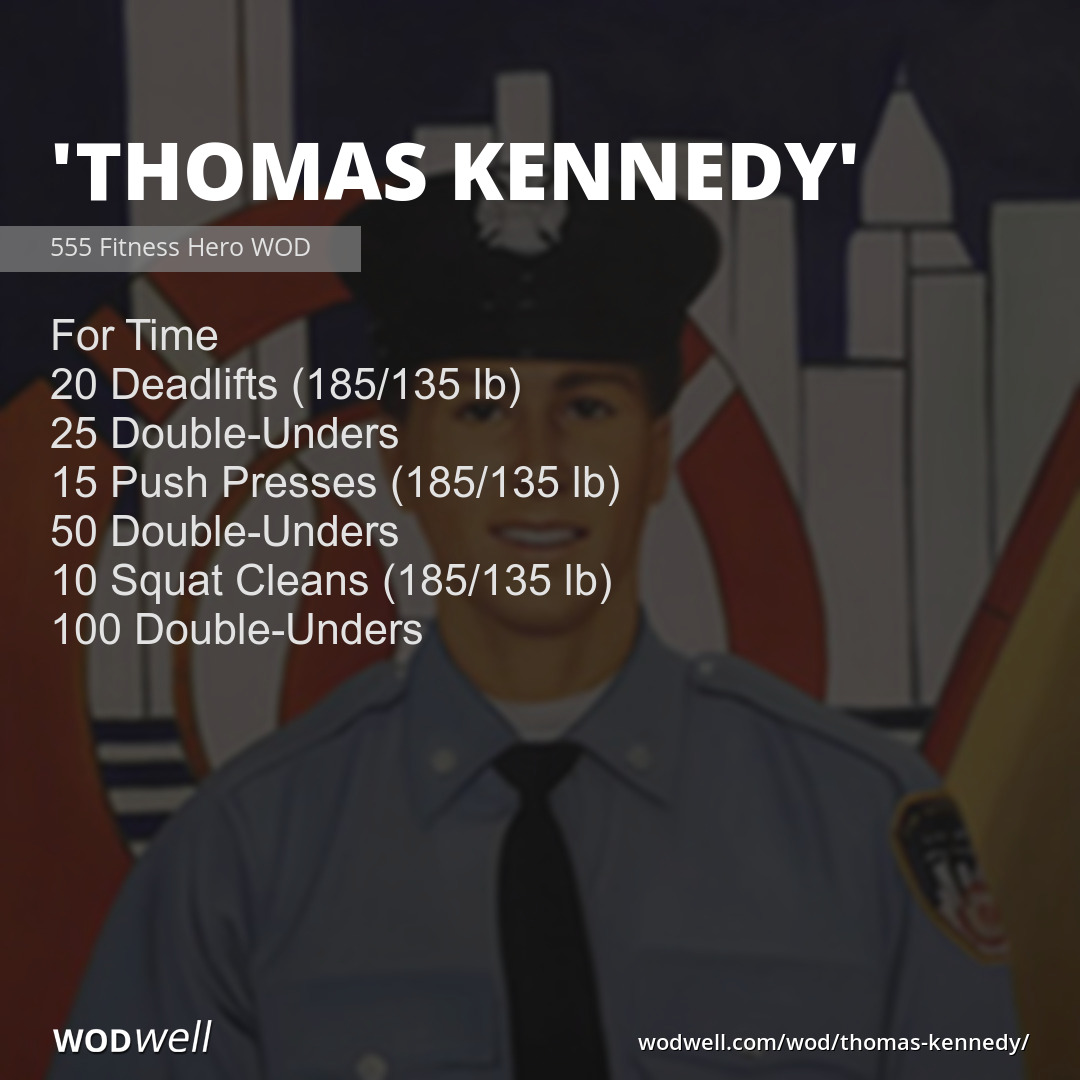

“One of the big promises Gimenez kept saying was police officers would not function as immigration agents, but he either chooses to ignore it’s happening or doesn’t know,” said Thomas Kennedy, deputy political director of the immigration advocacy group FLIC Votes. One consequence, opponents say, has been an upswing in the number of episodes in which law enforcement officers have taken into custody immigrants suspected of even the most minor offences, then passed them on to Ice. Yet despite a federal judge blocking Trump’s order in April a subsequent clarification from the US attorney general, Jeff Sessions, that only certain law enforcement funds would be withheld and community protests, Gimenez and the Miami-Dade commission have persevered with the policy. The mayor, who did not respond to a request for comment this week, justified the move at the time by pointing to $355m in government money Miami-Dade received for public housing, transportation and police programs. It followed an executive order from Trump cutting federal funds from cities and counties who offered safe haven to the estimated 11 million undocumented immigrants in the US. Gimenez caused outrage in January when he overturned years of county policy and ordered jails to approve all immigration detainer requests instead of only those for people facing serious charges.

The lawsuit, Sharpless says, is the culmination of six months of frustration and fear among south Florida’s sizeable immigrant community. “We warned the county we wrote to the mayor and commissioners before they decided to go forward, stating it was unlawful and that it was bad policy because it mixes immigration policy with our criminal justice system. “That a US citizen was held illustrates the problematic nature of these detainers, and one of our claims is there’s an insufficient probable cause finding on the detainer,” said Rebecca Sharpless, Creedle’s attorney and director of the immigration clinic at UM law school. Not once did he side with the court's liberal wing.A lawsuit filed against Gimenez and Miami-Dade County by a coalition of advocacy groups, including the University of Miami school of law’s immigration clinic and the American Civil Liberties Union of Florida, claims county jail officials acted illegally by detaining Creedle for two days at the request of US Customs and Immigration Enforcement (Ice) as a “removable alien” even after his bond payment had posted.Īccording to the lawsuit, not only is Creedle a US citizen, making him ineligible for deportation, but Miami-Dade’s actions in holding anyone on an immigration detainer without a valid arrest warrant contravenes both the US constitution and Florida law. Kennedy's vote was key to determining 14 Supreme Court cases in the current term - and in 13 of them (shown below) he aligned with other conservatives on the court. In 2017-18, Justice Kennedy swung to the right

One reason Kennedy may have seemed more conservative this term: The court – perhaps at his urging – punted on some questions that might have aligned him with liberals, including cases involving partisan gerrymandering and one about religious business owners’ rights to refuse service to gay customers. As the court dealt with President Donald Trump’s travel ban and a slew of a lower-profile disputes relating to the First Amendment, union rights and cellphone privacy, Kennedy often found himself in the company of his Republican-appointed colleagues. While Kennedy is known for siding with his liberal colleagues on issues such as abortion rights, same-sex marriage and affirmative action, none of those hot-button issues came squarely before the court this term. Kennedy, who announced his resignation Wednesday, defied his long-established reputation by swinging solely in a conservative direction this year. In Justice Anthony Kennedy’s final term, he stepped away from not only the court but at least part of his legacy as the court’s swing justice. By Josh Gerstein, Sarah Frostenson and Jeremy C.F.


 0 kommentar(er)
0 kommentar(er)
